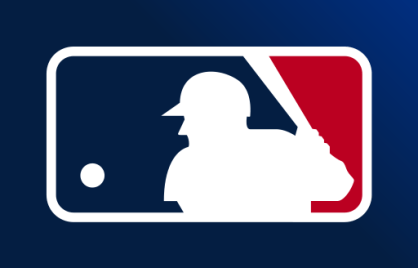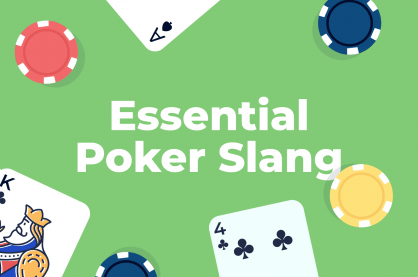Preparing for Your First Poker Tournament: Poker Tournament Strategy From a Psychologist

Poker Tournament Strategy For Beginners: What You Need to Know
- Manage Your Emotions: The most useful tournament poker tournament strategy is to stay calm and composed to make rational decisions, and avoid letting emotions like frustration or excitement cloud your judgment during critical moments.
- Practice Mindfulness: Stay focused on the present moment, observe your surroundings, and pay attention to your opponents’ behavior and betting patterns to make informed decisions.
- Set Realistic Goals: Establish achievable objectives for the tournament, such as improving your hand reading skills and break them down into smaller milestones to track your progress and stay motivated throughout the event.
- Practice Cognitive Reframing: Train your mind to interpret situations in a positive light, reframe negative thoughts into constructive ones, and approach challenges at the poker table with a growth mindset focused on learning and improvement.
- Recognize Anxiety: Be aware of signs of anxiety, such as increased heart rate or sweaty palms, and utilize relaxation techniques, such as deep breathing or visualization, to manage stress and maintain focus on the game.
If you’re considering attending your first poker tournament, whether it’s online poker or in a casino, just know will be an exciting yet nerve-wracking experience. On the one hand, you’re probably filled with anticipation and excitement, but you may also feel overwhelmed.
It’s typical to battle a whirlwind of emotions like excitement, fear, anxiety, and even self-doubt. While having a solid strategy and understanding game mechanics is an essential first step, mastering your emotions and strengthening your mental game will give you an additional edge.
The reality is that no amount of strategic preparation can fully equip you for the mental challenges you’ll face at the poker table when logging into Replay Poker. From handling the pressure of tough decisions to managing the emotional swings of wins and losses, the psychological demands of tournament play are not for the feint of heart.
It’s not uncommon for new and experienced players alike to find themselves derailed by nerves, frustration, and tilt.
But there is good news: you can train your mind to deal with the pressures and even learn to use it to your advantage. I’ll guide you through several effective poker tournament strategies to help you stay calm, focused, and mentally tough throughout the tournament.
Whether learning to manage pre-game nerves, maintaining concentration over long periods, or neutralizing tilt, you’ll find plenty of actionable poker tips and tools designed to give you the psychological edge you need to play your best.
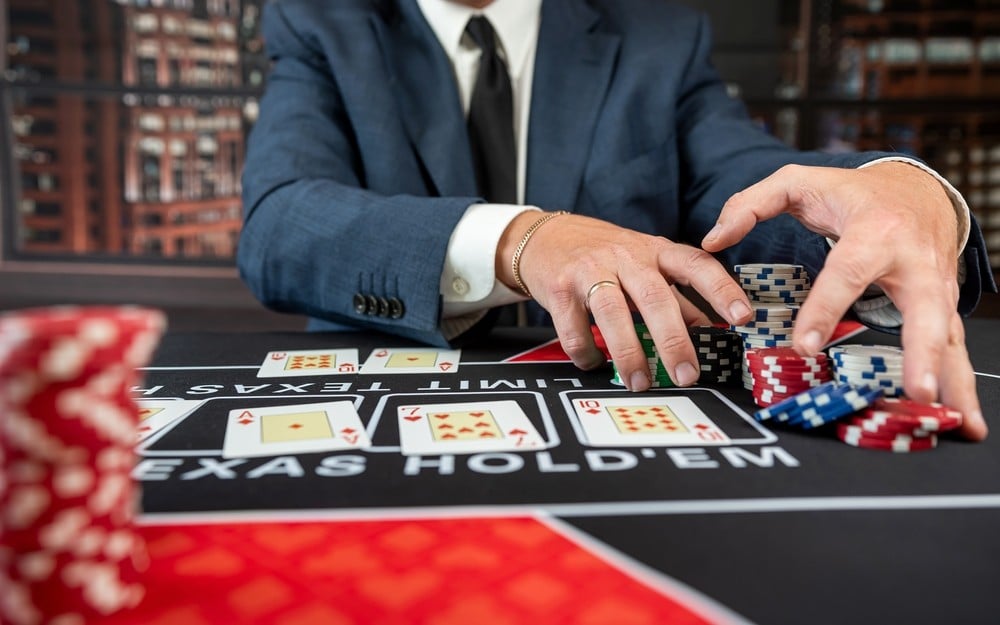
Image Credit: RomanR/Shutterstock
Preparing for the Tournament
Preparation is necessary for success in most things, and poker tournaments are no exception. While it’s tempting to focus on skills like hand selection and bet sizing, one of the poker tournament strategy tips that I can give you, is that mental aspect of preparation is mostly overlooked.
Developing the right mindset, setting realistic expectations, and designing a pre-tournament routine can improve your confidence and performance. Before the tournament starts, you can take steps to feel confident, focused, and ready to play your best.
Poker Tournament Strategy #1: The Right Mindset
Your mindset going into a tournament at a top rated casino will set the tone for your entire experience. A positive mindset can help you stay focused and composed, which will pay dividends when things start getting tough. Here are a few poker tips on ways to cultivate a strong mindset:
- Embrace the Challenge: Rather than seeing the tournament as a must-win, a good poker tip is to consider it an opportunity to challenge yourself and grow as a player. This perspective can reduce your anxiety and help you be fully present.
- Visualize Success: Spend a few minutes each day leading up to the tournament visualizing yourself playing confidently and making good decisions. Imagine yourself being calm even during difficult spots. Visualization is a simple way to prime your brain for success, and it can help you stay focused on your goals.
- Practice Positive Self-Talk: What you say to yourself has a powerful impact on how you feel. Replace negative thoughts like “I’m not good enough” or “I’ll never win” with positive ones like “I’m ready to play my best” or “I’m capable of making good decisions.” Positive self-talk can boost your confidence and focus.
Poker Tournament Strategy #2: Setting Realistic Expectations
One of the biggest mistakes you can make is setting unrealistic expectations for your first tournament. Going in with the attitude that you must win or achieve a specific outcome is a recipe for disappointment. A better approach and a key poker tip is to focus on what you can control—your performance and mindset.
To do this, create performance-based goals. Don’t make the mistake of setting goals like winning the tournament or reaching a particular pay level. These are outcome goals, and their achievement is not under your control.
It’s best to set performance goals like making disciplined decisions, playing your position correctly, staying focused on each hand, and avoiding going on tilt. Notice that these goals are within your control and have the added benefit of helping you focus on what’s important.
Another factor in setting realistic expectations is understanding and accepting variance. Yes, poker is a skill game, but there’s also a lot of luck involved. It’s important to realize that even the best players will experience bad beats and losing streaks.
Variance is baked into the game, and large field tournaments have incredibly high variance. Consciously accepting this will help you maintain a positive attitude.
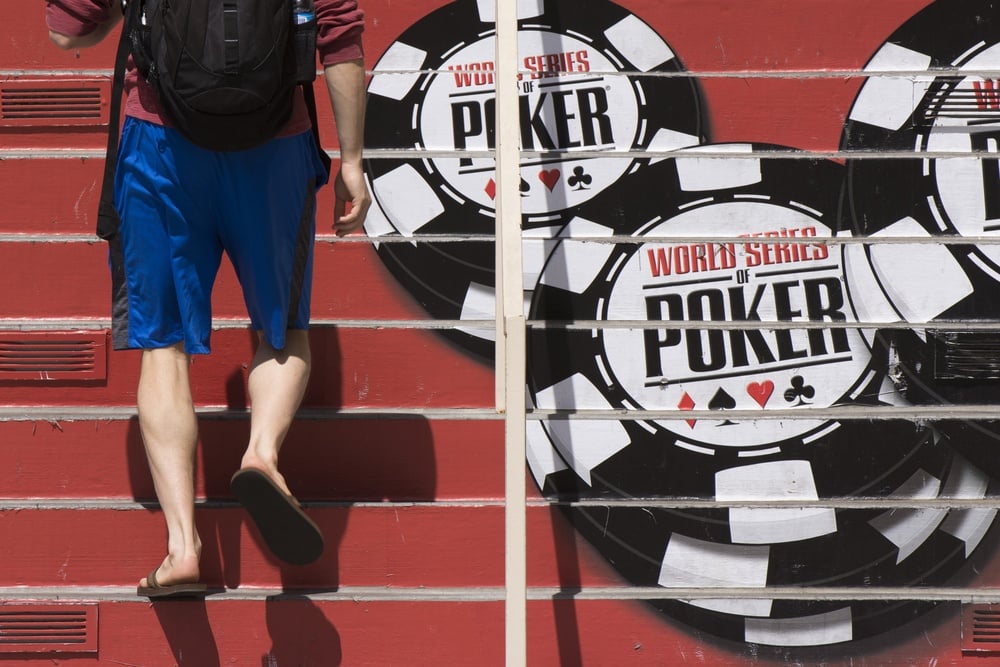
Image Credit: Jason Ogulnik/Shutterstock
Poker Tournament Strategy #3: Pre-Tournament Routines
Creating a pre-tournament routine is a great way to reduce your nerves and get into the right mental state to play your best. Your routine should include activities that help you relax, focus, and prepare for the day ahead. Here are several you can try:
- Mindful Preparation: Meditation and deep breathing exercises are effective ways to calm down. Before you take your seat, spend a few minutes meditating or simply take a few deep breaths. Activities like these can calm your mind and center your thoughts, reducing lingering nerves.
- Nutrition and Hydration: What you eat and drink before a tournament can significantly impact your mental performance. To stabilize your energy levels, have a balanced meal that includes protein, healthy fats, and complex carbohydrates. Stay hydrated, but avoid over-caffeinating, as too much caffeine can increase anxiety.
- Organize Your Essentials: Make sure you have everything you need for the day, including snacks, a water bottle, and any personal items that help you feel comfortable. If you’re playing online at a casino like Hello Millions, make sure you can sit comfortably for a long period. Logging on or arriving early to the venue can also help you acclimate to the environment and reduce last-minute stress. There’s nothing worse than arriving late and ending up on the alternates list!
As you can see, being prepared is a great way to set yourself up for success. Most of these things only take a few minutes to implement but can make a huge difference in your tournament experience.
Managing Nerves
Feeling nervous before and during a poker tournament is completely normal. The adrenaline rush of playing live dealer poker, the fear of making mistakes, and the uncertainty of how the tournament will unfold can all increase anxiety.
However, learning to manage your nerves will help you play your best. Here are some techniques to help you recognize and control anxiety so you can stay calm and focused throughout the tournament.
Poker Tournament Strategy #4 Recognizing Anxiety
The first step in managing nerves is understanding how anxiety shows up in your body and mind. Recognizing the signs early can help you take action before your anxiety escalates.
Common physical symptoms of anxiety include a racing heart, shallow breathing, sweaty palms, and muscle tension. You might feel a tightness in your chest or a knot in your stomach.
Mentally, anxiety can show up as racing thoughts, difficulty concentrating, and a tendency to imagine the worst possible outcomes (sometimes called catastrophizing). You might also find yourself doubting your abilities or obsessing over past poker mistakes.
Finally, anxiety triggers emotional symptoms like feelings of fear, frustration, or even helplessness. It’s important to acknowledge these emotions without judgment, as they are a normal response to stressful situations.

Image Credit: Kitreel/Shutterstock
Poker Tournament Strategy #5 Psychological Techniques for Instant Calm
One of the most effective ways to calm your nerves in the moment is through controlled breathing. When you’re anxious, your breathing tends to become rapid and shallow, which can further increase feelings of stress.
By consciously controlling your breath, you can signal to your brain that it’s safe to relax. Here are a couple of strategies you can try when you want to calm down quickly:
- The 6-2-7 Breathing Technique: To use this, breathe in through your nose for a count of 6, hold the breath for a count of 2, and then exhale slowly through your mouth for a count of 7. Repeat this process 3-4 times or until your heart rate slows and your breathing returns to normal.
- Box Breathing: Another effective method is box breathing, which involves breathing in for 4 counts, holding it for 4 counts, exhaling for 4 counts, and holding again for 4 counts. Repeat as needed until you feel calm.
Poker Tournament Strategy #6 Cognitive Reframing
Anxiety is rooted in negative thoughts and irrational beliefs about yourself or the situation. Cognitive reframing is a powerful tool for challenging and replacing these thoughts with more balanced, realistic ones.
To use it, start by identifying your negative thoughts. Pay attention to thoughts like “I’m going to look like an idiot” or “Everyone else here is better than me.”
Next, you need to challenge them. I don’t mean that you should argue with yourself about whether or not they are true. Instead, you should ask yourself if they are helpful or unhelpful. Chances are a thought like “I’m an idiot” is not beneficial to you in the moment.
Once you uncover unhelpful thoughts, you want to go to step three: reframe them. For example, instead of thinking, “I have to win this tournament to prove I’m good,” reframe it to, “My goal is to play my best and learn from this experience.” This is a more positive and growth-oriented mindset.
Finally, you can use a performance statement to stay on track. Think of something that resonates with you, like “I am prepared and capable” or “I have good instincts.”
Repeat this phrase to yourself whenever you feel doubt creeping in. This will help reinforce positive thinking while reducing anxiety.
Maintaining Focus During Tournaments
Poker tournaments require long hours of intense concentration, and a single lapse in focus can be costly. Even experienced players find maintaining focus over extended periods challenging, and it’s easy to lose focus when you’re card dead and the game has become boring.
Luckily, there are some strategies you can use to help you improve your focus, manage mental fatigue, and stay fully engaged throughout the tournament. For example, you can:
- Set Mini Goals: Break the tournament down into smaller segments and set mini goals for each. For example, focus on playing your best during a particular level. Focusing on smaller goals can make a long tournament more manageable.
- Use Active Observation: Use active observation to stay mentally engaged even when not in a hand. Watch how other players behave, note any tells or patterns, and think about how you would play if you were in their shoes. This keeps your mind active and prepared for when you do get a hand.
- Use Micro-Check-Ins: Do a brief mental check-in every 15-20 minutes. Rate yourself on how you’re feeling, whether your thoughts are wandering and whether you need to adjust your focus. Quick self-assessments like this can help you catch lapses in concentration early so you can refocus before they impact your play.
- Focus on the Process, Not the Outcome: A common tendency in poker is to get fixated on the results of individual hands. Instead, I want you to focus on the process—making the best decisions possible using the information you have available. This one mindset shift can reduce the emotional impact of short-term results and help you maintain a clear head.
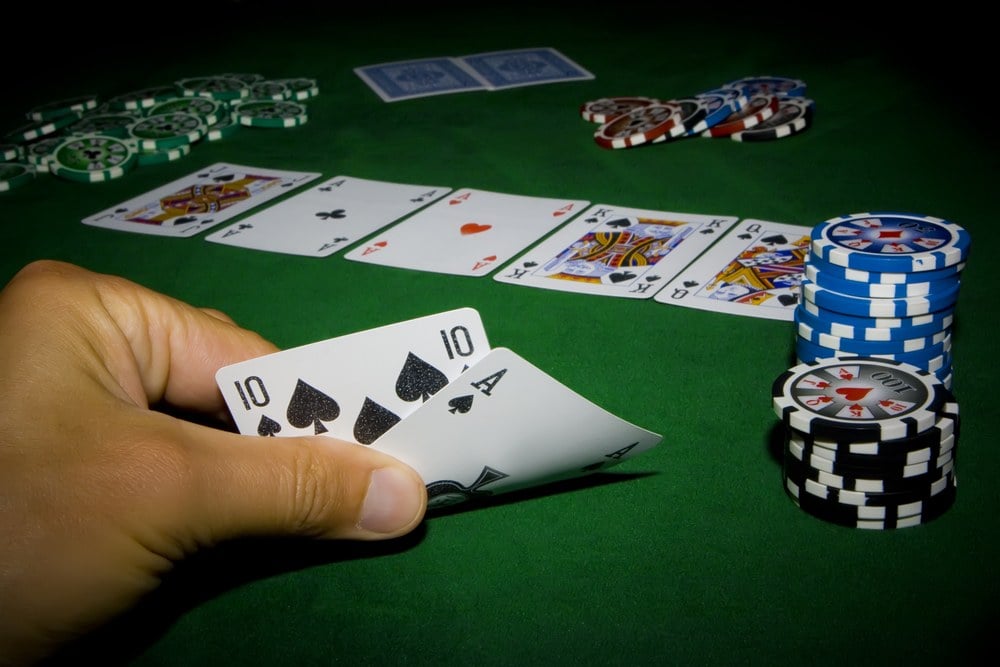
Image Credit: Siart/Shutterstock
While there is a lot you can do to improve your focus and concentration, mental fatigue is still a common challenge during long tournaments. It can lead to careless decisions and poor performance.
However, you can reduce the chances of mental fatigue derailing your game if you learn to recognize and manage it.
Once you start having difficulty concentrating, making sloppy mistakes, or zoning out, it’s time to take action. Try using some of the tactics you’ve learned here and get back on track as quickly as possible.
Understanding and Avoiding Tilt
Tilt is the one thing that negatively affects most tournament players – regardless of skill level. Tilt is a state of emotional agitation that leads to poor decision-making, and it’s often caused by the frustration and anger that comes after a series of unlucky hands.
For beginning players, managing tilt can be incredibly challenging because the swings in tournament poker are intense and unpredictable.
In this section, I’ll show you how to recognize the signs of tilt, strategies to manage your emotions effectively, and techniques to stay centered even when things don’t go your way.
Tilt is more than just frustration—it’s a complex state of emotional upheaval that can severely impair your judgment. Tilt is any emotional state that disrupts your ability to make rational decisions. It often stems from negative emotions like anger, disappointment, or frustration, but it can also come from being on a heater (winner’s tilt).
There are different types of tilt, including:
- “Revenge tilt” (trying to win back losses)
- “Entitlement tilt” (feeling you deserve to win because you played better)
- “Frustration tilt” (losing to repeated bad beats)
Identifying which type you’re most prone to can help you address it more effectively.
Tilt is interesting because what is tilting for one player isn’t necessarily tilting for another. Understanding what triggers your tilt and how it manifests for you is the first step to managing it effectively.
There are many common triggers, though, like losing a big pot, being bluffed, or even sitting next to an annoying opponent. Once you understand your personal tilt triggers, you can develop strategies to deal with them.
Before you can manage tilt, you must become more aware of your emotions. Increasing your emotional awareness helps you catch the early signs of tilt before it escalates into a full-blown meltdown.
Make sure you regularly check in with your emotions as you’re playing. Occasionally, pause and ask yourself what you’re feeling and why. Are you frustrated with an opponent, or are you anxious about losing? Identifying your emotions early helps you address them before they spiral out of control.
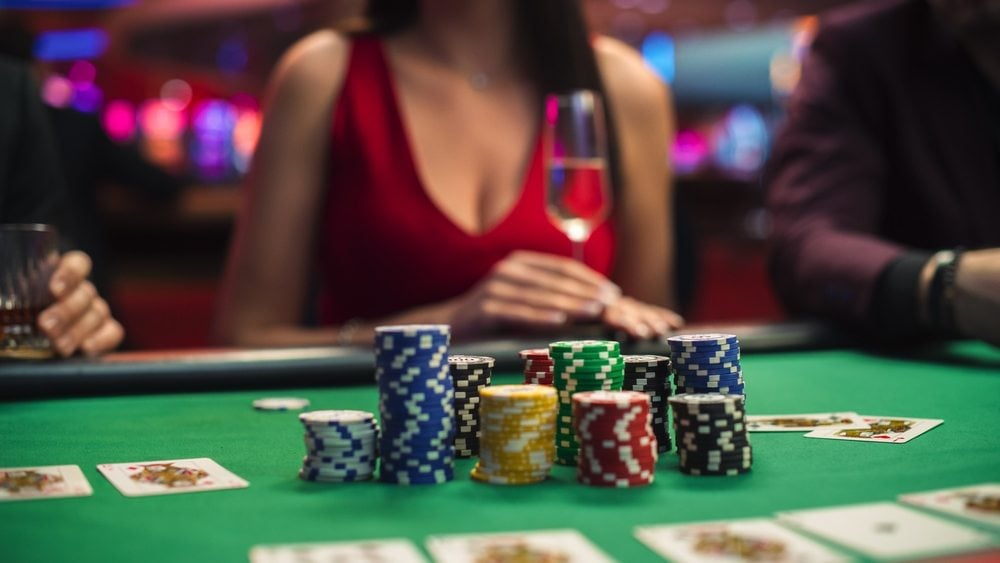
Image Credit: Kitreel/Shutterstock
Once you notice an emotion, take the time to label it. For example, say to yourself, “I am feeling frustrated because I just lost a big hand.”
Simply acknowledging and naming the emotion can reduce its intensity and help you regain control. To give yourself even more emotional distance from a strong emotion, try saying, “I notice that I am having the thought that…”
When you feel tilt creeping in, it’s essential to have a toolbox of poker strategies ready to help you regain your composure and refocus on the game. If tilt stops you from reaching your goals, try taking a break. Step away from the table.
A few minutes of fresh air, a quick walk, or even just standing up and stretching can provide the mental reset you need. Use this time to breathe deeply and let go of the tension.
Some players find using a mental trigger helpful. Create a mental trigger, such as a specific phrase or gesture, to remind yourself to stay calm. For example, saying “reset” or squeezing a stress ball can be a cue to take a deep breath and refocus.
Effective Poker Tournament Strategy: Mastering The Mental Game
Attending a poker tournament as a beginner can be equal parts exhilarating and daunting. From managing nerves and staying focused to handling tilt, the mental demands of tournament play are immense.
However, by preparing thoroughly, staying focused, and maintaining emotional control, you can navigate these challenges and perform at your best.
Poker is not just about the cards you play but the mindset you bring to the table. Honing your mental game will improve your performance and increase your enjoyment of the game.
Title Image Credit: Siart/Shutterstock

